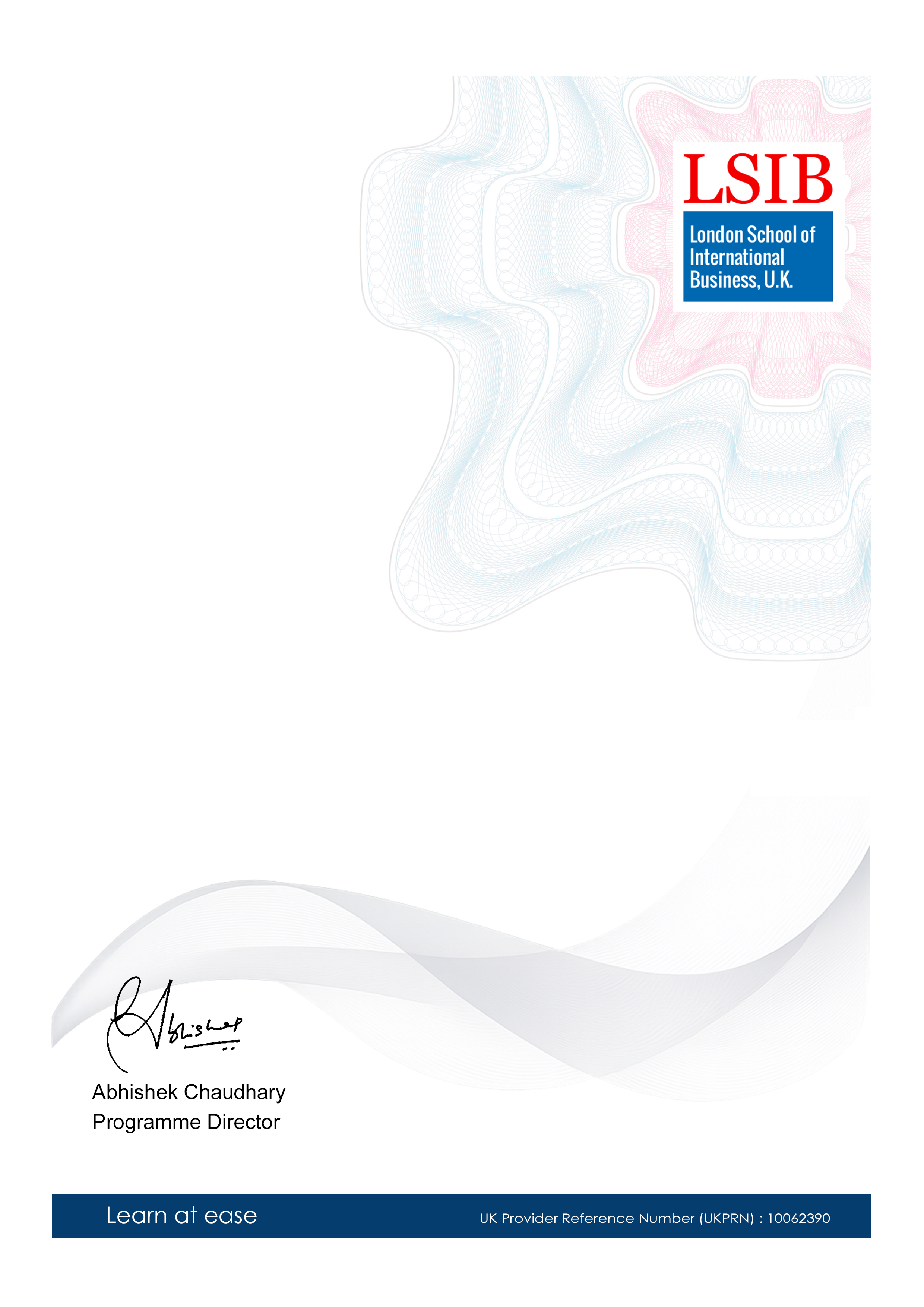Ocean Acidification Impacts on Marine Life
-- viewing nowOcean acidification, driven by increased atmospheric carbon dioxide, significantly impacts marine life. Rising CO2 levels lower ocean pH, affecting shell-forming organisms like corals and shellfish.
3,239+
Students enrolled
GBP £ 140
GBP £ 202
Save 44% with our special offer
About this course
100% online
Learn from anywhere
Shareable certificate
Add to your LinkedIn profile
2 months to complete
at 2-3 hours a week
Start anytime
No waiting period
Course details
• Calcification Rates
• Physiological Stress & Mortality
• Species Distribution Shifts
• Ecosystem Functioning & Biodiversity
• Food Web Dynamics
• Larval Development & Recruitment
• Ocean pH & Carbonate Chemistry
• Fisheries & Aquaculture Impacts
• Coral Reef Health
Career path
Ocean Acidification Impacts on Marine Life
| Career Role | Description |
|---|---|
| Marine Biologist (Ocean Acidification Research) | Investigates the effects of ocean acidification on marine ecosystems and species. Focuses on primary research and data analysis. |
| Environmental Consultant (Marine Pollution) | Advises organizations on minimizing their impact on marine environments, including mitigating ocean acidification effects. Strong secondary keyword focus on policy and regulation. |
| Oceanographer (Climate Change Impacts) | Studies the physical and chemical processes in the ocean, including the role of ocean acidification in climate change. Key focus on primary data collection and modeling. |
| Fisheries Scientist (Stock Assessment) | Analyzes the impact of ocean acidification on fish populations and develops sustainable fisheries management strategies. Strong secondary keyword focus on conservation and sustainability. |
Entry requirements
- Basic understanding of the subject matter
- Proficiency in English language
- Computer and internet access
- Basic computer skills
- Dedication to complete the course
No prior formal qualifications required. Course designed for accessibility.
Course status
This course provides practical knowledge and skills for professional development. It is:
- Not accredited by a recognized body
- Not regulated by an authorized institution
- Complementary to formal qualifications
You'll receive a certificate of completion upon successfully finishing the course.
Why people choose us for their career
Loading reviews...
Frequently Asked Questions
Course fee
- 3-4 hours per week
- Early certificate delivery
- Open enrollment - start anytime
- 2-3 hours per week
- Regular certificate delivery
- Open enrollment - start anytime
- Full course access
- Digital certificate
- Course materials
Get course information
Earn a career certificate

